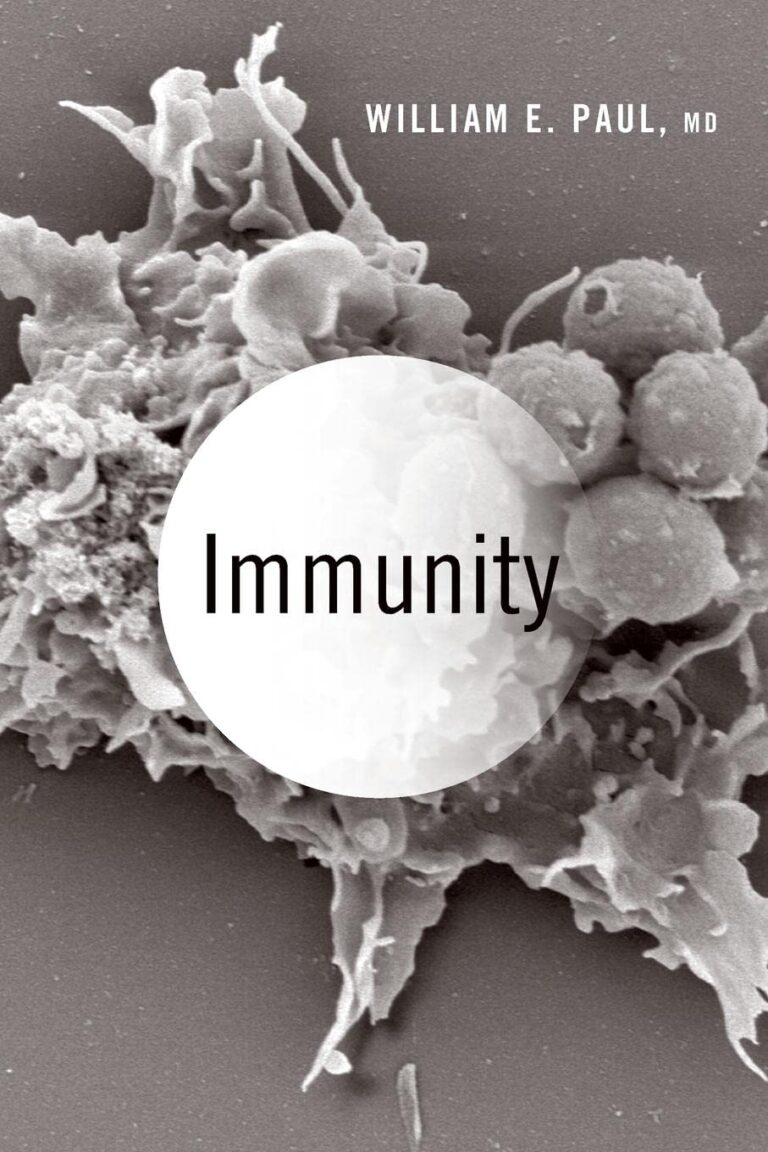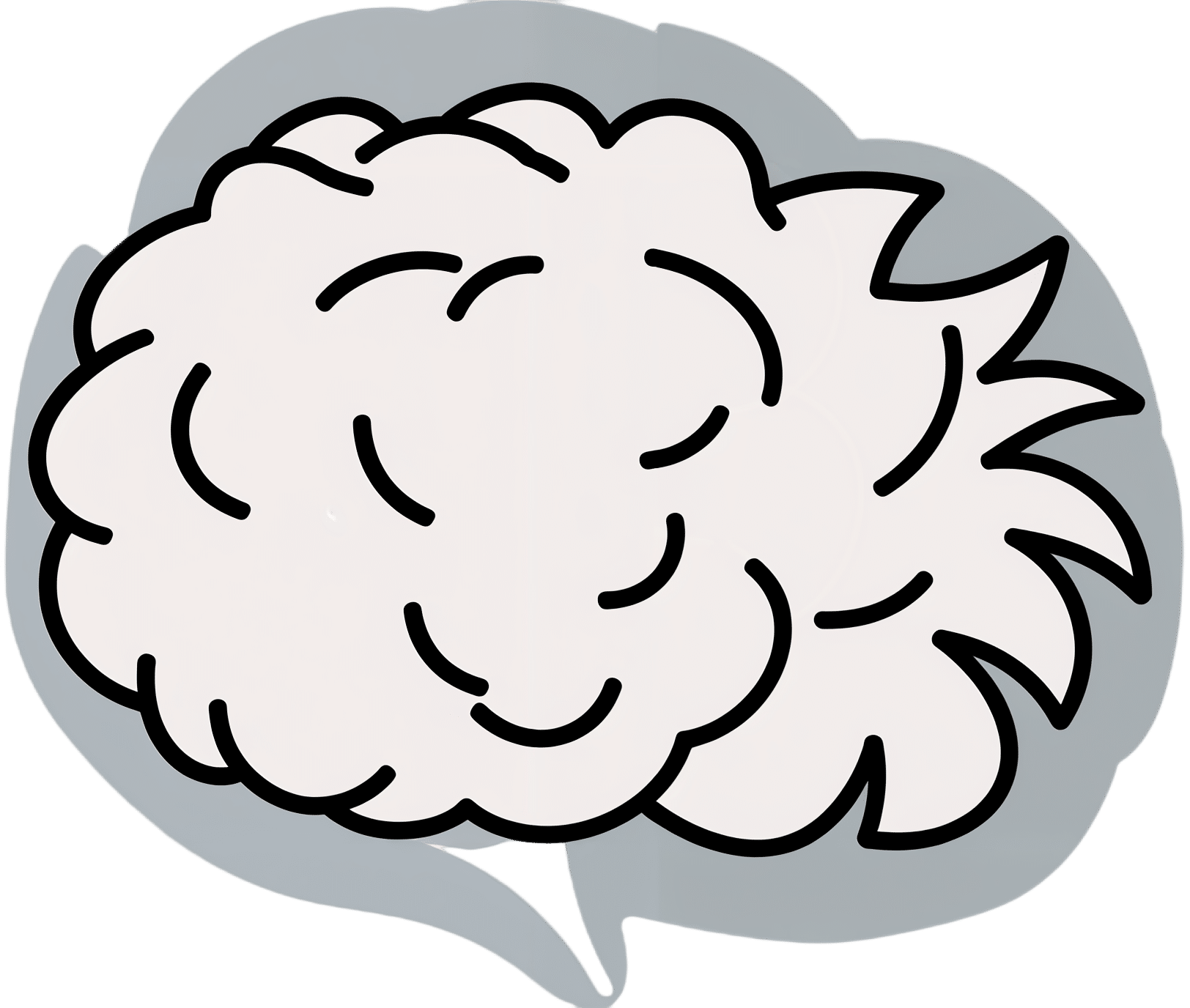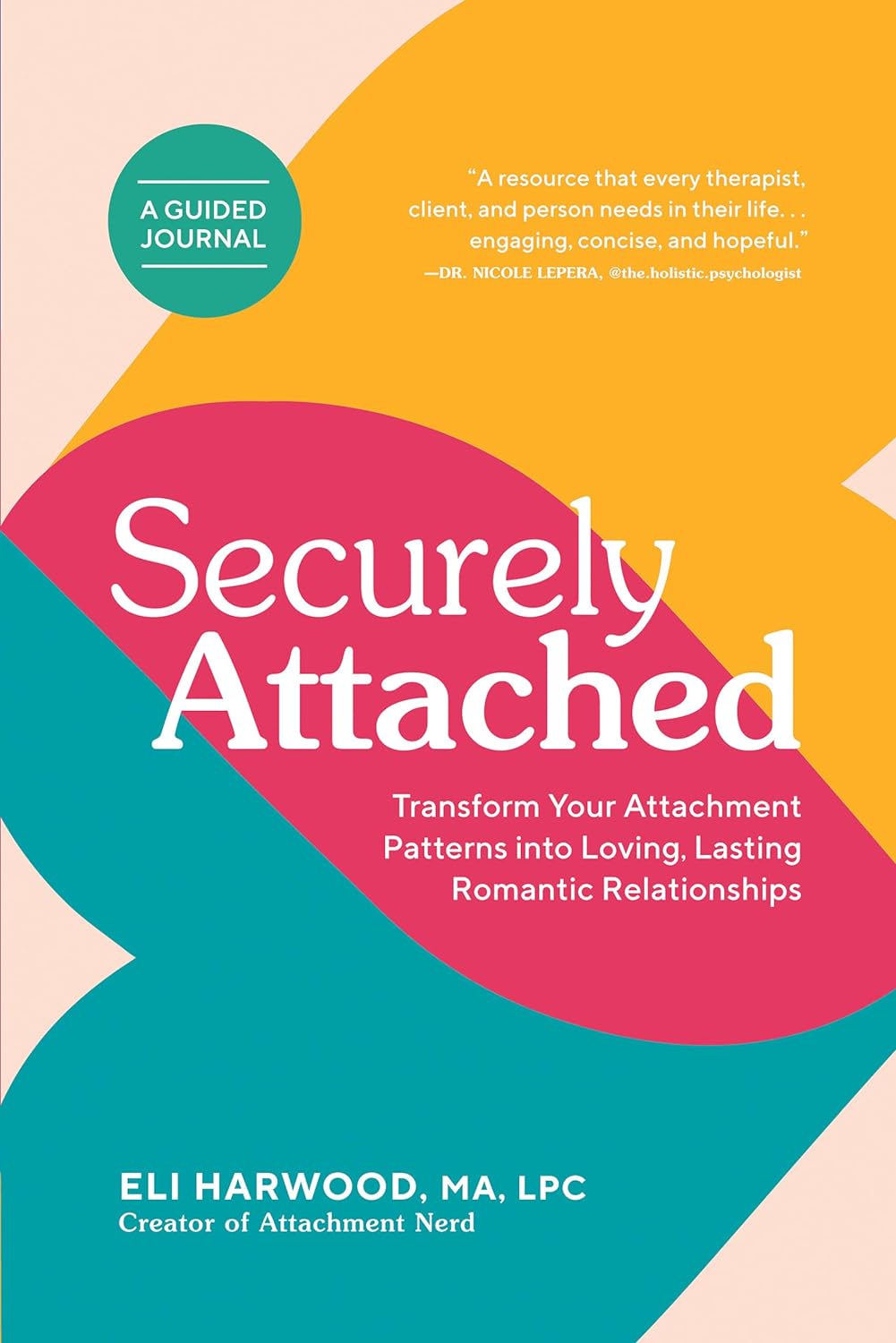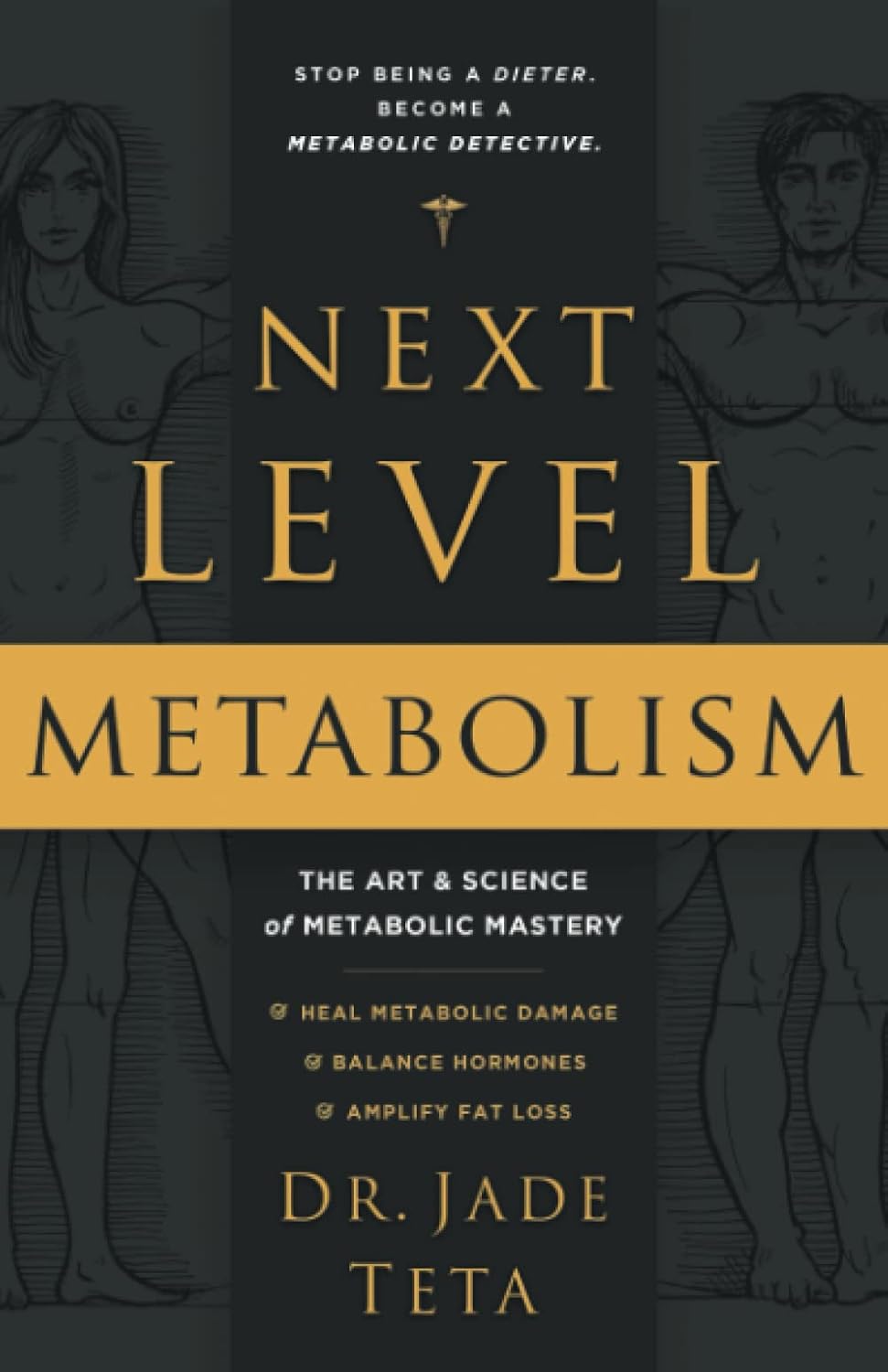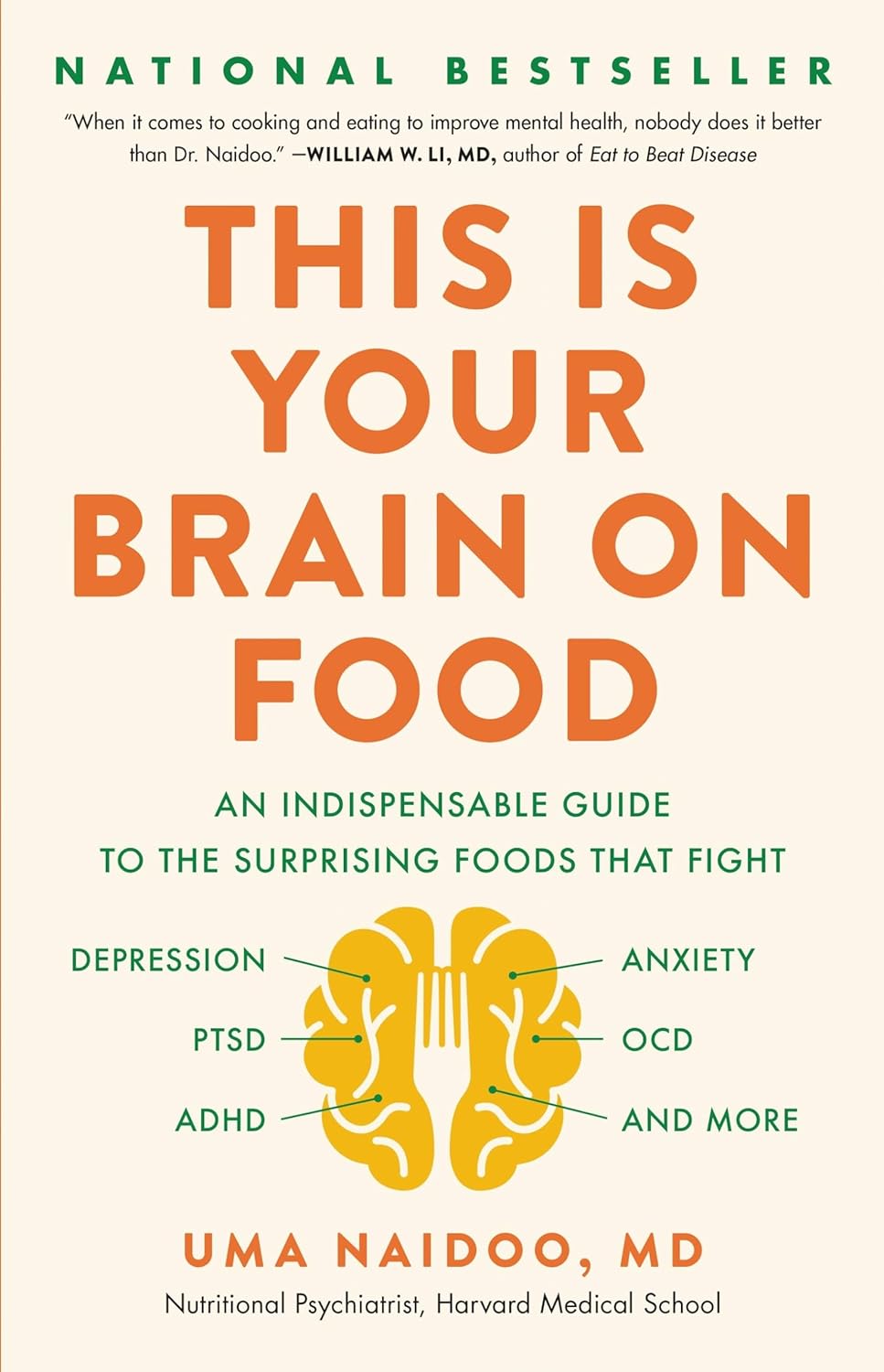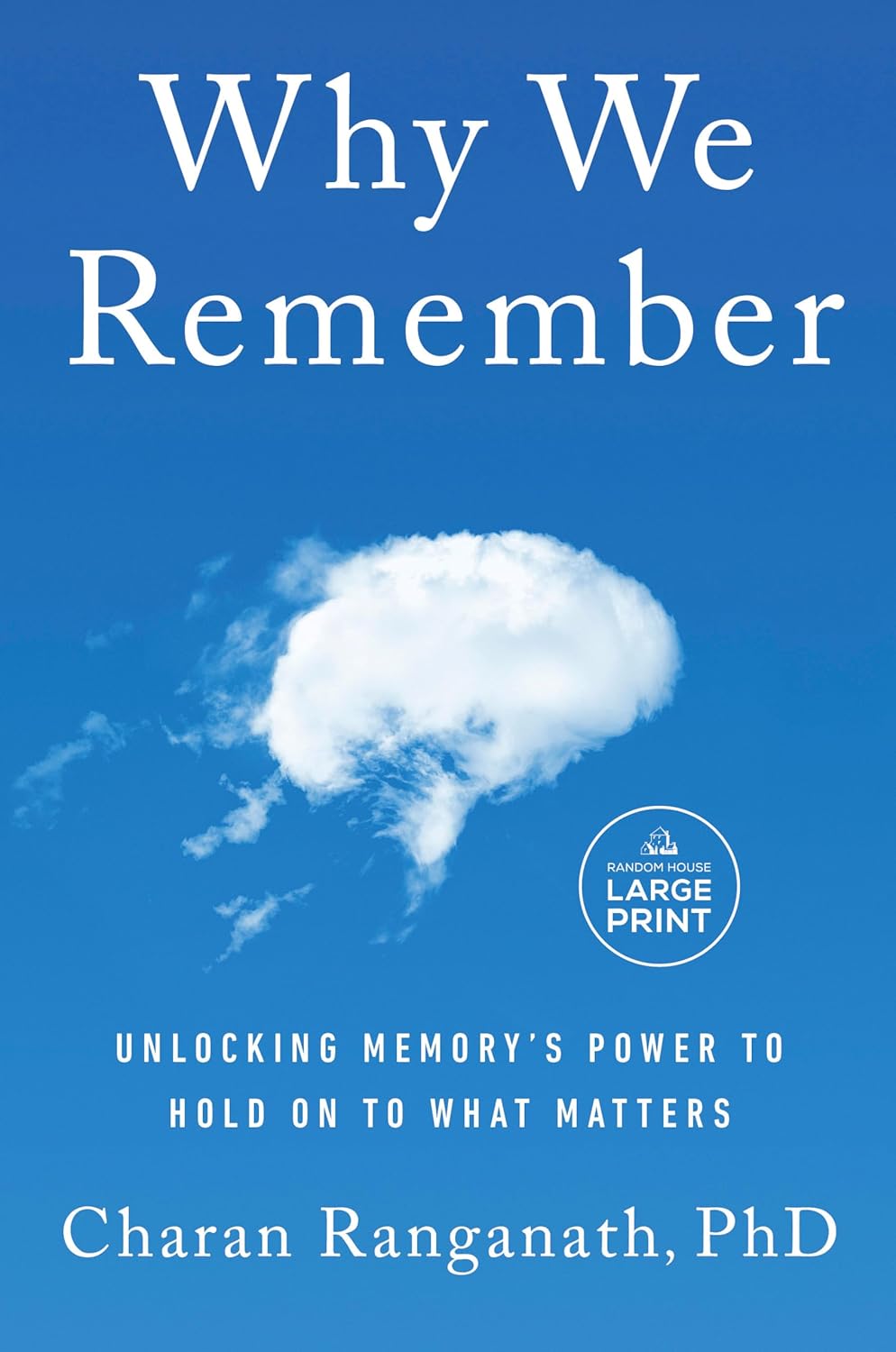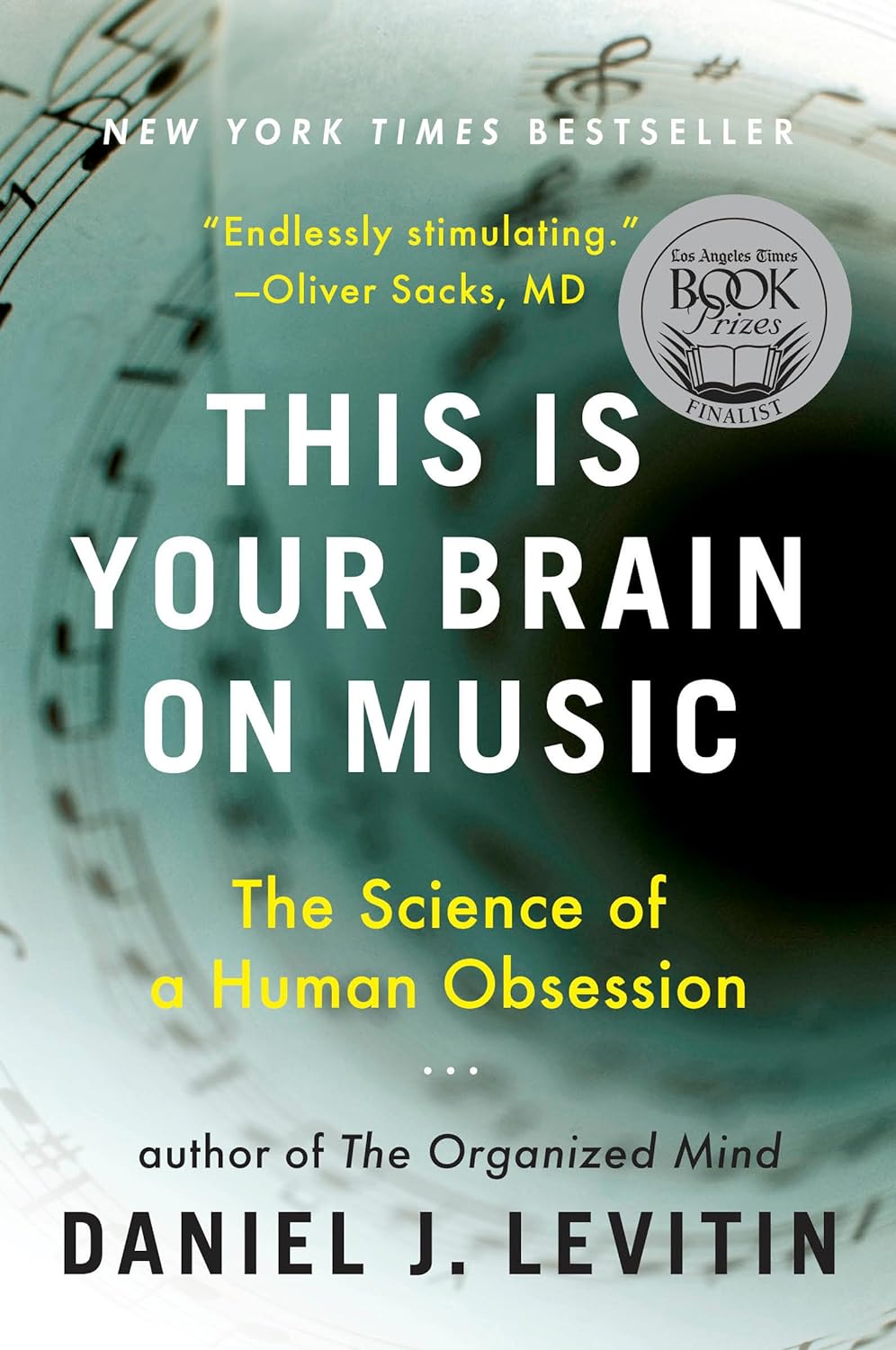
This Is Your Brain on Music – by Dr. Daniel Levitin
10almonds is reader-supported. We may, at no cost to you, receive a portion of sales if you purchase a product through a link in this article.
Music has sometimes been touted as having cognitive benefits, by its practice and even by the passive experience of it. But what’s the actual science of it?
Dr. Levitin, an accomplished musician and neuroscientist, explores and explains.
We learn about how music in all likelihood allowed our ancestors to develop speech, something that set us apart (and ahead!) as a species. How music was naturally-selected-for in accordance with its relationship with health. How processing music involves almost every part of the brain. How music pertains specifically to memory. And more.
As a bonus, as well as explaining a lot about our brain, this book offers those of us with limited knowledge of music theory a valuable overview of the seven main dimensions of music, too.
Bottom line: if you’d like to know more about the many-faceted relationship between music and cognitive function, this is a top-tier book about such.
Click here to check out “This Is Your Brain On Music”, and learn more about yours!
Don’t Forget…
Did you arrive here from our newsletter? Don’t forget to return to the email to continue learning!
Recommended
Learn to Age Gracefully
Join the 98k+ American women taking control of their health & aging with our 100% free (and fun!) daily emails:
-
What does lion’s mane mushroom actually do, anyway?
10almonds is reader-supported. We may, at no cost to you, receive a portion of sales if you purchase a product through a link in this article.
You may know it as an ingredient in nootropic supplements. You may have heard of lion’s mane mushroom coffee. You may know it as the big shaggy white mushroom that grows in nature and can look very impressive.
What’s special about it?
The lion’s mane mushroom, or Hericium erinaceus (we mention, as studies we’ll cite often use the botanical name) is an adaptogenic agent that has an established ability to promote nerve regeneration through nerve growth factor neurotrophic activity. In other words, it helps (re)grow neurons.
In a 2023 study, researchers wondered if its abilities (well-established in the peripheral nervous system) would work in the central nervous system too, namely the brain, specifically the hippocampus (responsible for memory).
To boil what they found down to a single line, they concluded:
❝[Lion’s mane extract] therefore acts through a novel pan-neurotrophic signaling pathway, leading to improved cognitive performance.❞
You can read the full study for yourself (with pictures!) here:
Limitations of the study
It’s worth noting that the above study was performed on mice brains, not those of humans. As there is a shortage of human volunteers willing to have their brains sliced and examined under microscopes, we do not expect this study to be repeated with humans any time soon.
So, are there human studies that have been done?
There are! Particularly promising was this 2020 study of people with Alzheimer’s disease, wherein supplementation with 1g of lion’s mane mushroom daily for 49 weeks significantly increased cognitive test scores compared with a placebo; you can read about it here:
Additionally, this 2019 study showed that taking 1.2g daily for eight weeks helped relieve depression, anxiety, and sleep disorders in overweight or obese patiences:
Are there other health benefits?
It seems so! Unfortunately, most of its other health claims are only supported by animal studies so far, aside from one small study funded by a supplement company for their supplement that contained mostly Agaricus blazei (a different mushroom) with 14% lion’s mane.
However, in animal studies, lion’s mane has also shown promise:
- For digestion
- Against inflammation
- For cardiovascular health
- For diabetes management
- Against cancer
- Against aging
Where can I get it?
We don’t sell it (or anything else, for that matter) but if you’d like to try it, here’s an example product for your convenience:
Share This Post
-
Securely Attached –
10almonds is reader-supported. We may, at no cost to you, receive a portion of sales if you purchase a product through a link in this article.
A lot of books on attachment theory are quite difficult to read. They’re often either too clinical with too much jargon that can feel like incomprehensible psychobabble, or else too wishy-washy and it starts to sound like a horoscope for psychology enthusiasts.
This one does it better.
The author gives us a clear overview and outline of attachment theory, with minimal jargon and/but clearly defined terms, and—which is a boon for anyone struggling to remember which general attachment pattern is which—color-codes everything consistently along the way. This is one reason that we recommend getting a print copy of the book, not the e-book.
The other reason to invest in the print copy rather than the e-book is the option to use parts of it as a workbook directly—though if preferred, one can simply take the prompts and use them, without writing in the book, of course.
It’s hard to say what the greatest value of this book is because there are two very strong candidates:
- Super-clear and easy explanation of Attachment Theory, in a way that actually makes sense and will stick
- Excellent actually helpful advice on improving how we use the knowledge that we now have of our own attachment patterns and those of others
Bottom line: if you’d like to better understand Attachment Theory and apply it to your life, but have been put off by other presentations of it, this is the most user-friendly, no-BS version that this reviewer has seen.
Click here to check out Securely Attached, and upgrade your relationship(s)!
Share This Post
-
Next-Level Metabolism – by Dr. Jade Teta
10almonds is reader-supported. We may, at no cost to you, receive a portion of sales if you purchase a product through a link in this article.
This book starts with the preface that “this is not a diet book”, but all the diet books nowadays say that, even when the title is “The Such-And-Such Diet”. So, is this one a diet book?
No, it isn’t. It’s rather an informational explanation of how metabolism works, and the very many things that can affect it, ranging from genes and epigenetics to diet and exercise to stress and sleep, and more.
Where this book most excels is in the personalization aspect; it describes how to assess your own system inputs and outputs (which are a lot more things than just calories in, calories out), and read your own body’s cues in terms of what’s going on with you metabolically.
Because the truth is, we’re all a bit different (aside from, perhaps, identical twins etc living identical lifestyles in all respects, down to having the same meals and the same schedule), and while there definitely are some universal truths of metabolism (e.g. whole fruit is always going to be better than high-fructose corn syrup), when it comes to the finer details on the other hand, what goes for one person genuinely may not go for another, and there can be a multitude of reasons why. This book helps identify those, and go with what actually works for you.
The style is half pop-science, half pep-talk. The book could have been a lot shorter without all the pep talk, but for those who like that sort of thing, that is the sort of thing they like.
Bottom line: if you’d like to understand your metabolism (as opposed to some clinically standardized average of metabolism), then this book can help you do that.
Click here to check out Next-Level Metabolism, and level-up your understanding of it!
Share This Post
Related Posts
-
Oscar contender Poor Things is a film about disability. Why won’t more people say so?
10almonds is reader-supported. We may, at no cost to you, receive a portion of sales if you purchase a product through a link in this article.
Readers are advised this article includes an offensive and outdated disability term in a quote from the film.
Poor Things is a spectacular film that has garnered critical praise, scooped up awards and has 11 Oscar nominations. That might be the problem. Audiences become absorbed in another world, so much so our usual frames of reference disappear.
There has been much discussion about the film’s feminist potential (or betrayal). What’s not being talked about in mainstream reviews is disability. This seems strange when two of the film’s main characters are disabled.
Set in a fantasy version of Victorian London, unorthodox Dr Godwin Baxter (William Dafoe) finds the just-dead body of a heavily pregnant woman in the Thames River. In keeping with his menagerie of hybrid animals, Godwin removes the unborn baby’s brain and puts it into the skull of its mother, who becomes Bella Baxter (Emma Stone).
Is Bella really disabled?
Stone has been praised for her ability to embody a small child who rapidly matures into a hypersexual person – one who has not had time to absorb the restrictive rules of gender or patriarchy.
But we also see a woman using her behaviour to express herself because she has complex communication barriers. We see a woman who is highly sensitive and responsive to the sensory world around her. A woman moving through and seeing the world differently – just like the fish-eye lens used in many scenes.
Women like this exist and they have historically been confined, studied and monitored like Bella. When medical student Max McCandless (Ramy Youssef) first meets Bella, he offensively exclaims “what a very pretty retard!” before being told the truth and promptly declared her future husband.
Even if Bella is not coded as disabled through her movements, speech and behaviour, her onscreen creator and guardian is. Godwin Baxter has facial differences and other impairments which require assistive technology.
So ignoring disability as a theme of the film seems determined and overt. The absurd humour for which the film is being lauded is often at Bella’s “primitive”, “monstrous” or “damaged” actions: words which aren’t usually used to describe children, but have been used to describe disabled people throughout history.
In reviews, Bella’s walk and speech are compared to characters like the Scarecrow in The Wizard of Oz, rather than a disabled woman. So why the resistance?
Freak shows and displays
Disability studies scholar Rosemarie Gardland-Thomson writes “the history of disabled people in the Western world is in part the history of being on display”.
In the 19th century, when Poor Things is set, “freak shows” featuring disabled people, Indigenous people and others with bodily differences were extremely popular.
Doctors used freak shows to find specimens – like Joseph Merrick (also known as the Elephant Man and later depicted on screen) who was used for entertainment before he was exhibited in lecture halls. In the mid-1800s, as medicine became a profession, observing the disabled body shifted from a public spectacle to a private medical gaze that labelled disability as “sick” and pathologised it.
Poor Things doesn’t just circle around these discourses of disability. Bella’s body is a medical experiment, kept locked away for the private viewing of male doctors who take notes about her every move in small pads. While there is something glorious, intimate and familiar about Bella’s discovery of her own sexual pleasure, she immediately recognises it as worth recording in the third person:
I’ve discovered something that I must share […] Bella discover happy when she want!
The film’s narrative arc ends with Bella herself training to be a doctor but one whose more visible disabilities have disappeared.
Framing charity and sexual abuse
Even the film’s title is an expression often used to describe disabled people. The charity model of disability sees disabled people as needing pity and support from others. Financial poverty is briefly shown at a far-off port in the film and Bella initially becomes a sex worker in Paris for money – but her more pressing concern is sexual pleasure.
Disabled women’s sexuality is usually seen as something that needs to be controlled. It is frequently assumed disabled women are either hypersexual or de-gendered and sexually innocent.
In the real world disabled people experience much higher rates of abuse, including sexual assault, than others. Last year’s Royal Commission into Violence, Abuse, Neglect and Exploitation of People with Disability found women with disability are nearly twice as likely as women without disability to have been assaulted. Almost a third of women with disability have experienced sexual assault by the age of 15. Bella’s hypersexual curiosity appears to give her some layer of protection – but that portrayal denies the lived experience of many.
Watch but don’t ignore
Poor Things is a stunning film. But ignoring disability in the production ignores the ways in which the representation of disabled bodies play into deep and historical stereotypes about disabled people.
These representations continue to shape lives.
Louisa Smith, Senior lecturer, Deakin University; Gemma Digby, Lecturer – Health & Social Development, Deakin University, and Shane Clifton, Associate Professor of Practice, School of Health Sciences and the Centre for Disability Research and Policy, University of Sydney
This article is republished from The Conversation under a Creative Commons license. Read the original article.
Don’t Forget…
Did you arrive here from our newsletter? Don’t forget to return to the email to continue learning!
Learn to Age Gracefully
Join the 98k+ American women taking control of their health & aging with our 100% free (and fun!) daily emails:
-
The Immunostimulant Superfood –
10almonds is reader-supported. We may, at no cost to you, receive a portion of sales if you purchase a product through a link in this article.
First, what this book is not: a “detox cleanse” book of the kind that claims you can flush out the autism if you just eat enough celery.
What it rather is: an overview brain chemistry, gut microbiota, and the very many other bodily systems that interact with these “two brains”.
She also does some mythbusting of popular misconceptions (for example with regard to tryptophan), and explains with good science just what exactly such substances as gluten and casein can and can’t do.
The format is less of a textbook and more a multipart (i.e., chapter-by-chapter) lecture, in pop-science style though, making it very readable. There are a lot of practical advices too, and options to look up foods by effect, and what to eat for/against assorted mental states.
Bottom line: anyone who eats food is, effectively, drugging themselves in one fashion or another—so you might as well make a conscious choice about how to do so.
Click here to check out This Is Your Brain On Food, and choose what kind of day you have!
Don’t Forget…
Did you arrive here from our newsletter? Don’t forget to return to the email to continue learning!
Learn to Age Gracefully
Join the 98k+ American women taking control of their health & aging with our 100% free (and fun!) daily emails:
-
Why We Remember – by Dr. Charan Ranganath
10almonds is reader-supported. We may, at no cost to you, receive a portion of sales if you purchase a product through a link in this article.
As we get older, forgetfulness can become more of a spectre; the threat that one day it could be less “where did I put my sunglasses?” and more “who is this person claiming to be my spouse?”.
Dr. Ranganath explores in this work the science of memory, from a position of neurobiology, but also in application. How and why we remember, and how and why we forget, and how and why both are important.
There is a practical element to the book too; we read about things that increase our tendency to remember (and things that increase our tendency to forget), and how we can leverage that information to curate our memory in an active, ongoing basis.
The style of the book is quite casual in tone for such a serious topic, but there’s plenty of hard science too; indeed there are 74 pages of bibliography cited.
Bottom line: while filled with a lot of science, this is also a very human book, and a helpful guide to building and preserving our memory.
Click here to check out “Why We Remember”, and learn how to hold on to what matters the most!
Don’t Forget…
Did you arrive here from our newsletter? Don’t forget to return to the email to continue learning!
Learn to Age Gracefully
Join the 98k+ American women taking control of their health & aging with our 100% free (and fun!) daily emails:

